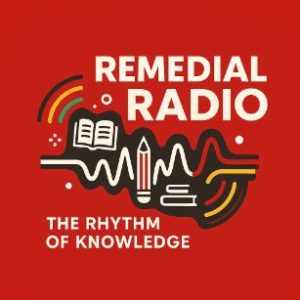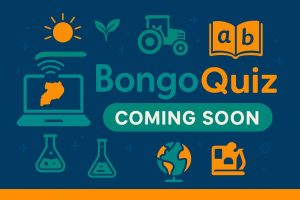The success of inclusive education in Uganda does not solely rest on the shoulders of educators and policymakers. It is a collective effort that requires the active participation and support of the entire community. Strengthening community involvement can significantly enhance the effectiveness and sustainability of inclusive education programs. This blog post delves into the importance of community involvement in inclusive education and outlines strategies for mobilizing community resources and support to ensure every child, including those with disabilities, receives a quality education.
Contents
Introduction
Inclusive education is a holistic approach that goes beyond the classroom walls, embedding itself into the fabric of the community. It champions the idea that every child, regardless of their abilities or disabilities, has the right to learn, grow, and contribute to their community. Community involvement plays a crucial role in realizing this vision, as it fosters a supportive environment that values and promotes diversity and inclusion at all levels.
The Role of Community in Supporting Inclusive Education
Communities can provide a robust support network for students with disabilities and their families. From local businesses to religious institutions and neighborhood associations, every segment of the community has a part to play in championing inclusive education.
Creating Awareness and Changing Perceptions
One of the first steps in strengthening community involvement is through awareness campaigns designed to educate the public about the importance and benefits of inclusive education. These campaigns can also help to dispel myths and stereotypes about disabilities, fostering a more accepting and supportive community environment.
Example:
Organizing community events, such as inclusive sports days or art exhibitions featuring works by students with disabilities, can showcase their abilities and contributions, challenging prejudices and promoting a more inclusive mindset.
Mobilizing Community Resources
Local businesses and organizations can be invaluable allies in providing resources and support for inclusive education initiatives. This can range from financial support to donations of materials and technology, as well as offering internship and employment opportunities for students with disabilities.
Example:
A partnership between schools and local tech companies could provide computers or software tailored for students with disabilities, enhancing their learning experience and tech skills.
Engaging Volunteers
Volunteers from the community can offer their time and skills to support inclusive education in various ways, such as assisting in classrooms, providing one-on-one tutoring, or helping with extracurricular activities.
Example:
A local sports club volunteering to organize inclusive physical education sessions, ensuring all students have the opportunity to participate in and enjoy physical activities.
Building Partnerships with Parents and Families
Parents and families of children with disabilities are essential partners in inclusive education. Schools can work closely with parents to understand their children’s needs better and engage them in school activities, fostering a strong home-school connection.
Solution:
Creating parent support groups within the community can provide a platform for sharing experiences, resources, and strategies for advocating for their children’s rights and needs.
Conclusion
For inclusive education to thrive in Uganda, it requires the collective effort and commitment of the entire community. By creating awareness, mobilizing resources, engaging volunteers, and building strong partnerships with parents, communities can create a supportive ecosystem that embraces diversity and ensures that every child has the opportunity to succeed. Strengthening community involvement in inclusive education not only benefits students with disabilities but enriches the entire community, building a more inclusive, understanding, and cohesive society.


Leave a Reply